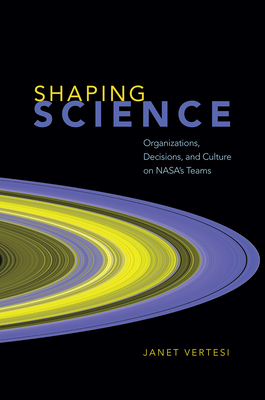Expedite your nonfiction book discovery process with Readara interviews, summaries and recommendations, Broaden your knowledge and gain insights from leading experts and scholars
In-depth, hour-long interviews with notable nonfiction authors, Gain new perspectives and ideas from the writer’s expertise and research, Valuable resource for readers and researchers
Optimize your book discovery process, Four-to eight-page summaries prepared by subject matter experts, Quickly review the book’s central messages and range of content
Books are handpicked covering a wide range of important categories and topics, Selected authors are subject experts, field professionals, or distinguished academics
Our editorial team includes books offering insights, unique views and researched-narratives in categories, Trade shows and book fairs, Book signings and in person author talks,Webinars and online events
Connect with editors and designers,Discover PR & marketing services providers, Source printers and related service providers

Shaping Science: Organizations, Decisions, and Culture on Nasa's Teams
Science > Space Science - General
- University of Chicago Press
- Hardcover
- 9780226691084
- 8.9 X 6.1 X 1.1 inches
- 1.3 pounds
- Science > Space Science - General
- (Single Author) Asian American
- English
Readara.com
Book Description
Using extensive, embedded experiences on two NASA spacecraft teams, this is the first book to apply organizational studies of work to the laboratory environment in order to analyze the production of scientific knowledge itself. Engaging and deeply researched, Shaping Science demonstrates the significant influence that the social organization of a scientific team can have on the practices of that team and the results they yield.
Author Bio
Professor Vertesi specializes in the sociology of science, knowledge, and technology. Her primary research site is with NASA's robotic spacecraft teams as an ethnographer. Her books, Seeing like a Rover: Images and Interaction on the Mars Exploration Rover Mission (Chicago, 2015) and Shaping Science: Organizations, Decisions, and Culture on NASA's Teams (Chicago, 2020) draws on her ethnographic studies of missions to Mars, Saturn, and the outer planets to examine how organizations matter to scientific discovery.
Vertesi is also a leader in digital sociology, whether studying computational systems in social life, shifting research methods online, or applying social insights to build technologies along different lines.
She holds a Master's degree from Cambridge and a PhD from Cornell, has received several grants from the National Science Foundation, and has been awarded top prizes for her work from the ASA's Science, Knowledge and Technology Section and Communication, Information Technology and Media Section, and the Society for Social Studies of Science.
Source: Princeton University
Videos
No Videos
Community reviews
No Community reviews

